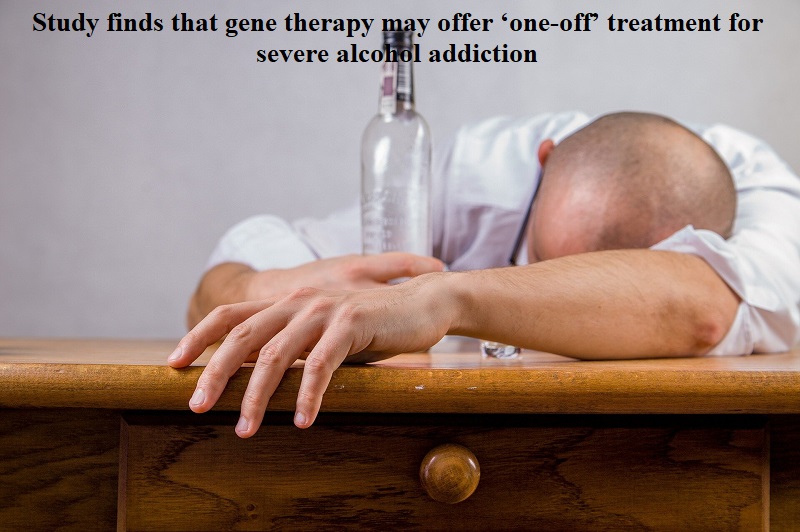
Research findings published in the journal Nature Medicine unveil the potential of a gene therapy, currently undergoing trials for Parkinson’s disease patients, to serve as a singular remedy for severe alcohol addiction. The study’s subjects were macaque monkeys, akin to humans in terms of varying susceptibility to heavy drinking.
Upon providing the macaques with a choice between five percent alcohol, regular food, and water, researchers observed a tendency for certain monkeys to consistently opt for alcohol. This propensity aligns with the phenomenon seen in addictive substances, as alcohol triggers the release of dopamine—a neurotransmitter linked to pleasure and reinforcement, prompting repeated behaviors.
Nonetheless, chronic alcohol consumption diminishes dopamine release over time, resulting in reduced pleasure for those with addiction. Professor Kathleen Grant, who co-led the study at the Oregon Health and Science University’s National Primate Research Centre, remarked, “It seems that they’re drinking more because they feel a need to maintain an intoxicated state.” The researchers aimed to explore whether restoring dopamine pathways could alleviate the desire for alcohol.
The approach encompassed introducing a harmless virus into four alcohol-addicted macaques, delivering the gene responsible for the glial-derived neurotrophic factor (GDNF) protein. Using magnetic resonance imaging, the gene was injected into the brain region linked to addiction and reward.
By targeting dopamine-producing cell bodies with this gene, dopamine synthesis increased, replenishing what chronic drinking had diminished. This led to a remarkable outcome: the macaques began permanently overexpressing dopamine, resulting in an astonishing reduction of up to 90 percent in their subsequent alcohol intake.
Animals injected with an inactive gene form continued drinking, while those exposed to GNDF experienced dopamine restoration. The transition was stark, with daily alcohol consumption decreasing from eight to ten drinks to a mere one to two drinks.
Yet, due to the gene therapy’s reliance on brain surgery and its irreversible nature, it may be reserved for the most severe alcohol addiction cases, noted the study’s co-leader. Despite its potential, the procedure awaits further validation through animal trials before human experimentation can commence.

Post Your Comments